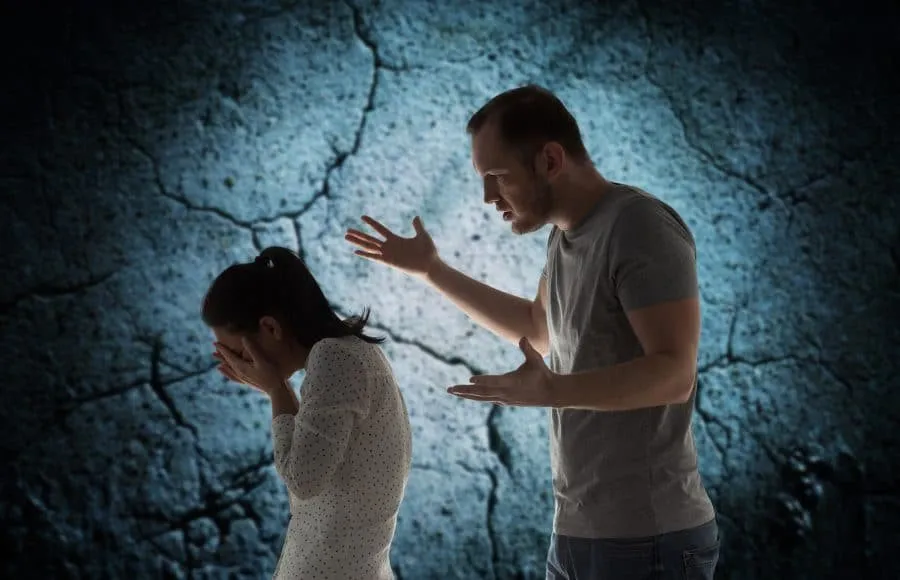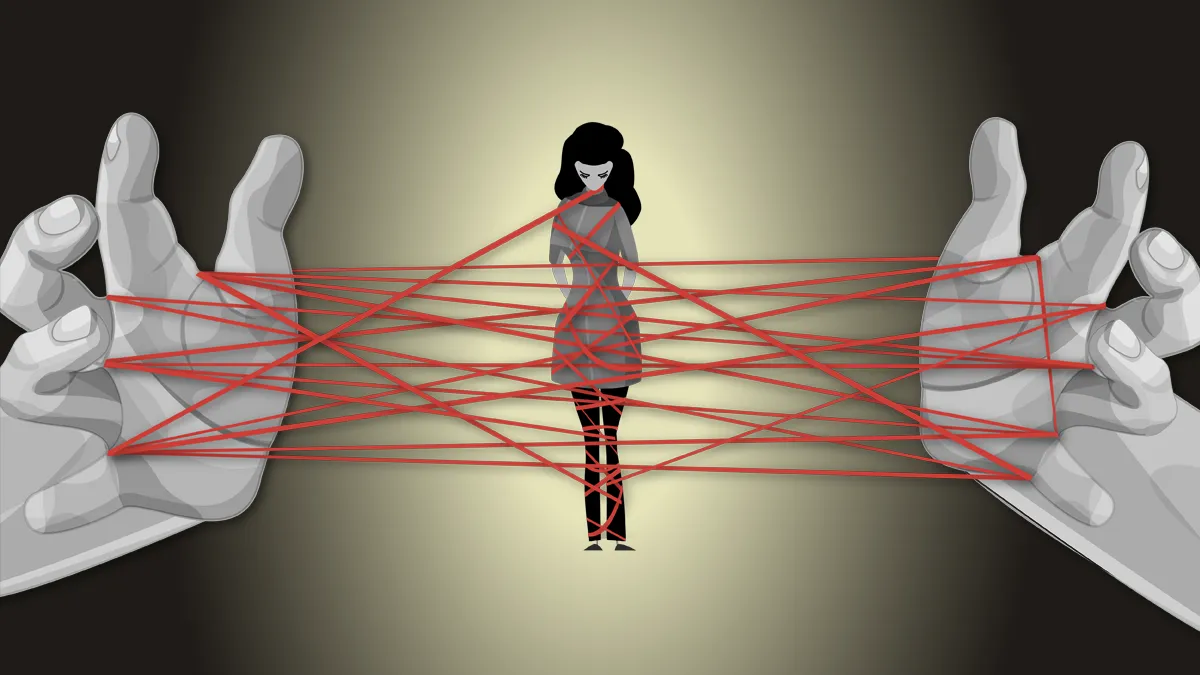Emotional violence refers to any behavior that is intended to hurt, control, or manipulate another person emotionally. This can take many different forms, and it can be difficult to recognize and identify because it often does not leave physical marks or bruises.
Types of emotional violence include verbal abuse, such as yelling, name-calling, belittling, and threatening; emotional blackmail, such as using guilt, fear, or emotional manipulation to control someone; and isolation, such as limiting someone's access to friends, family, or other support systems.
It is important to recognize the signs of emotional violence and to seek help if you are a victim of it. Some ways to protect yourself from emotional violence include setting boundaries, seeking support from friends and family, and reaching out to organizations that can provide resources and assistance.
It is also important to remember that emotional violence is never acceptable, and that you have the right to be treated with respect and kindness in any relationship. If you are experiencing emotional violence, it is important to seek help and to get out of the situation as soon as possible.
Emotional violence is a serious issue that can have significant and long-lasting effects on a person's emotional well-being. By recognizing the signs and taking steps to protect yourself, you can take control of the situation and work towards a safer and healthier future.
If you or someone you know is experiencing emotional violence, it is important to reach out for help. There are many organizations and resources available to provide support and assistance.
One option is to contact a local domestic violence shelter or hotline. These organizations can provide a safe place to stay, as well as resources and support to help you get out of the situation and rebuild your life. They can also provide legal assistance and connect you with other organizations that can help with things like housing, counseling, and job training.
Another option is to speak with a therapist or counselor. These professionals can provide a safe and confidential space to talk about your experiences and help you process your emotions. They can also help you develop coping strategies and a plan to move forward.
It is also important to remember that emotional violence is not your fault, and that you have the right to be treated with respect and kindness. If you are experiencing emotional violence, it is important to reach out for help and to take steps to protect yourself and your emotional well-being.
In conclusion, emotional violence is a serious issue that requires attention and action. By reaching out for help and support, you can take control of the situation and work towards a safer and healthier future.

